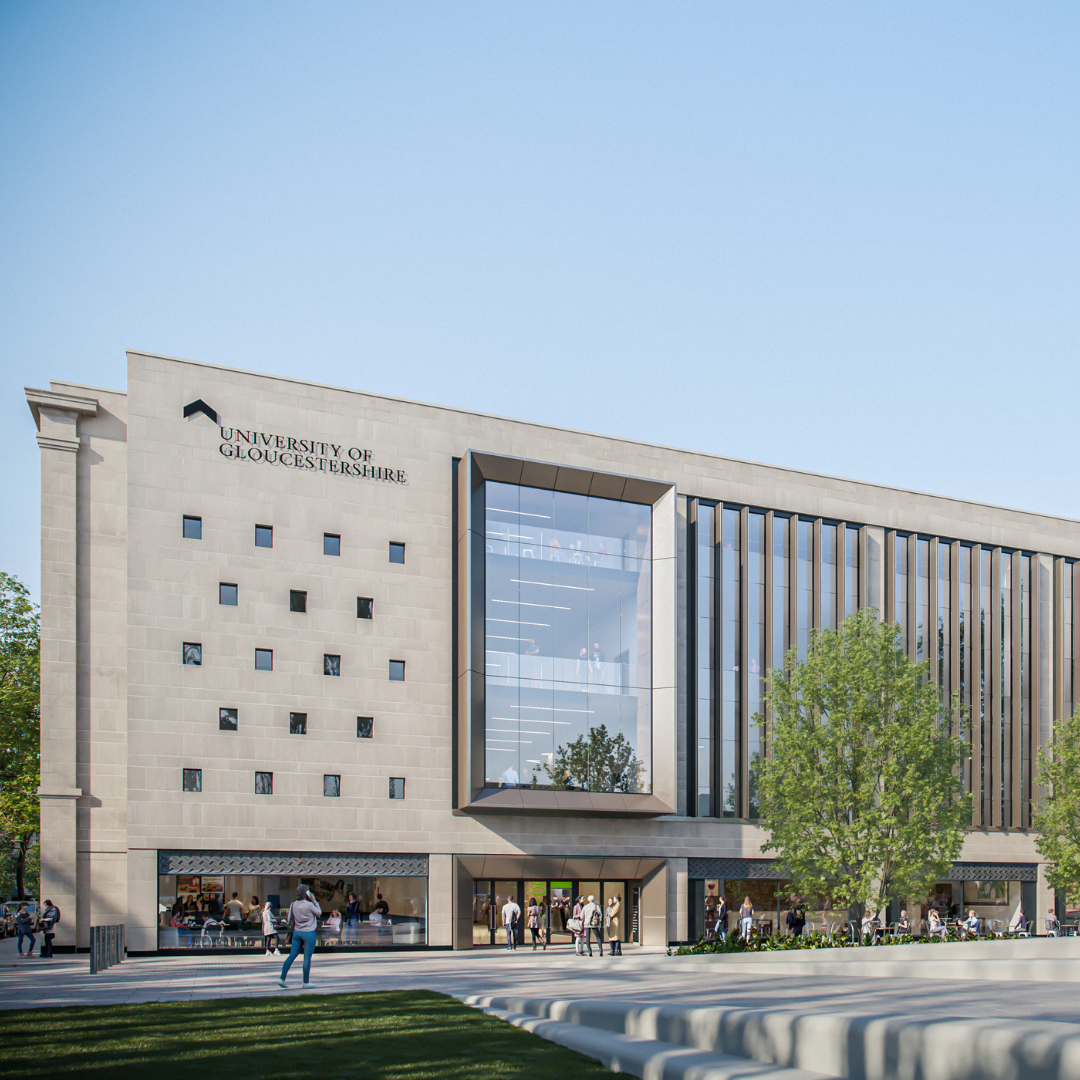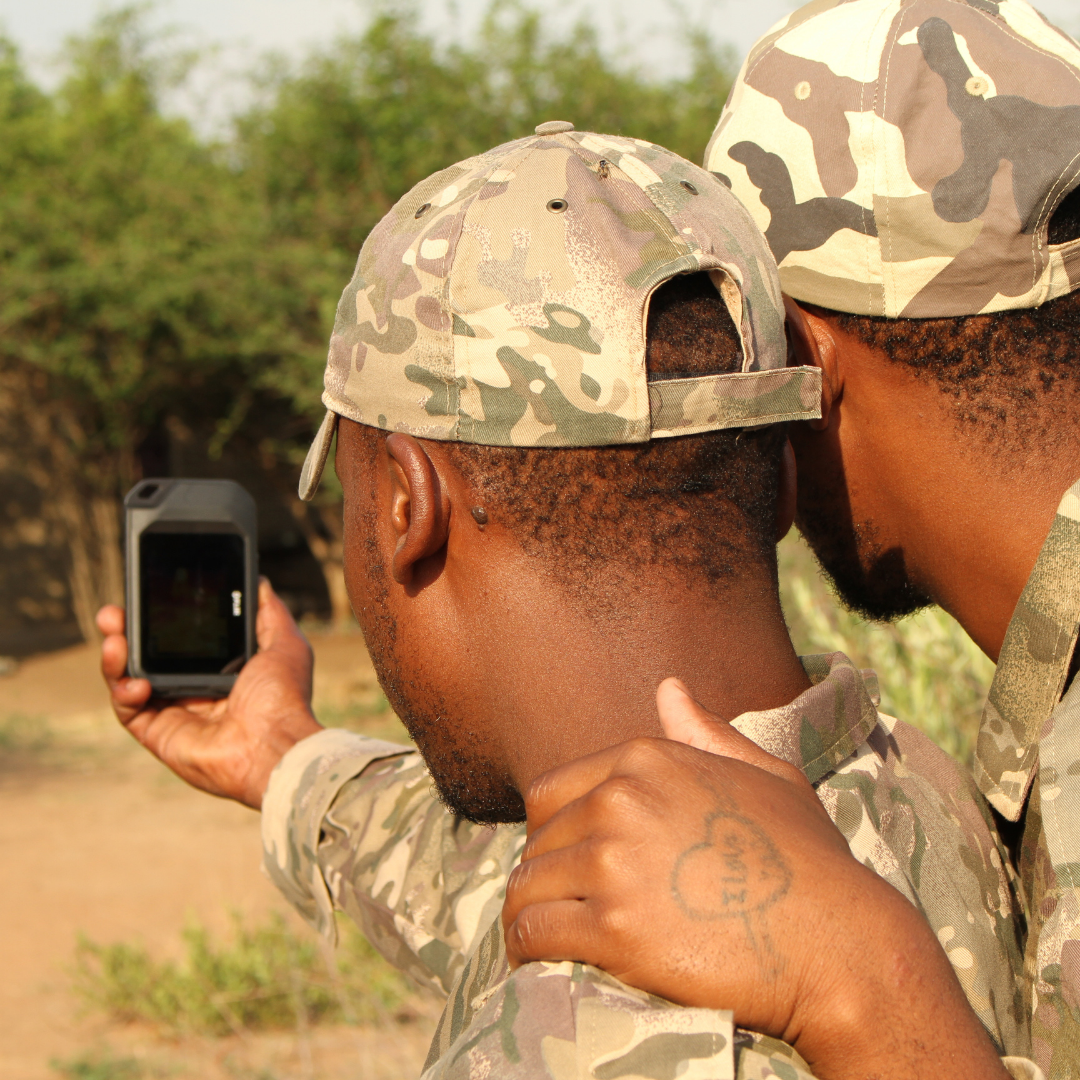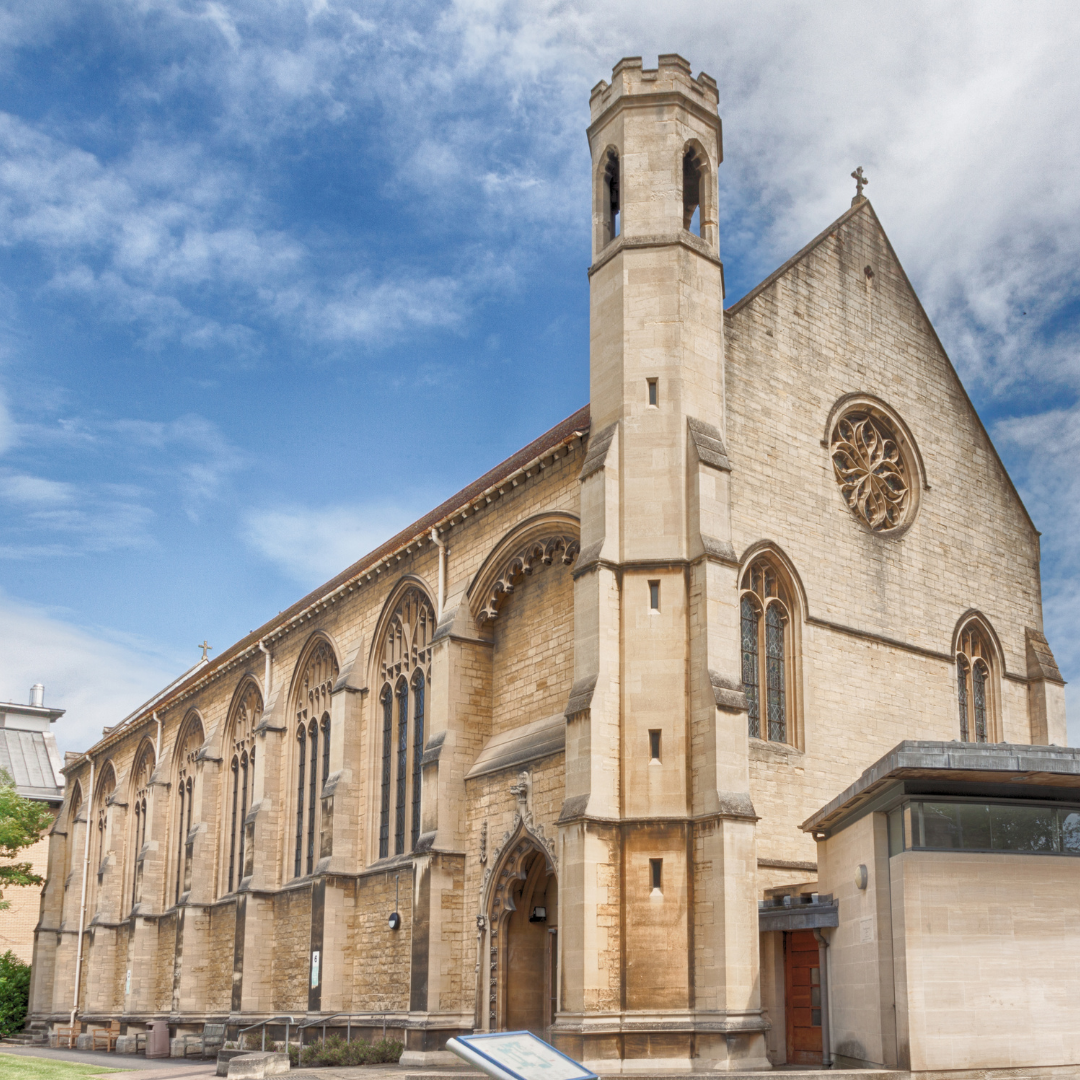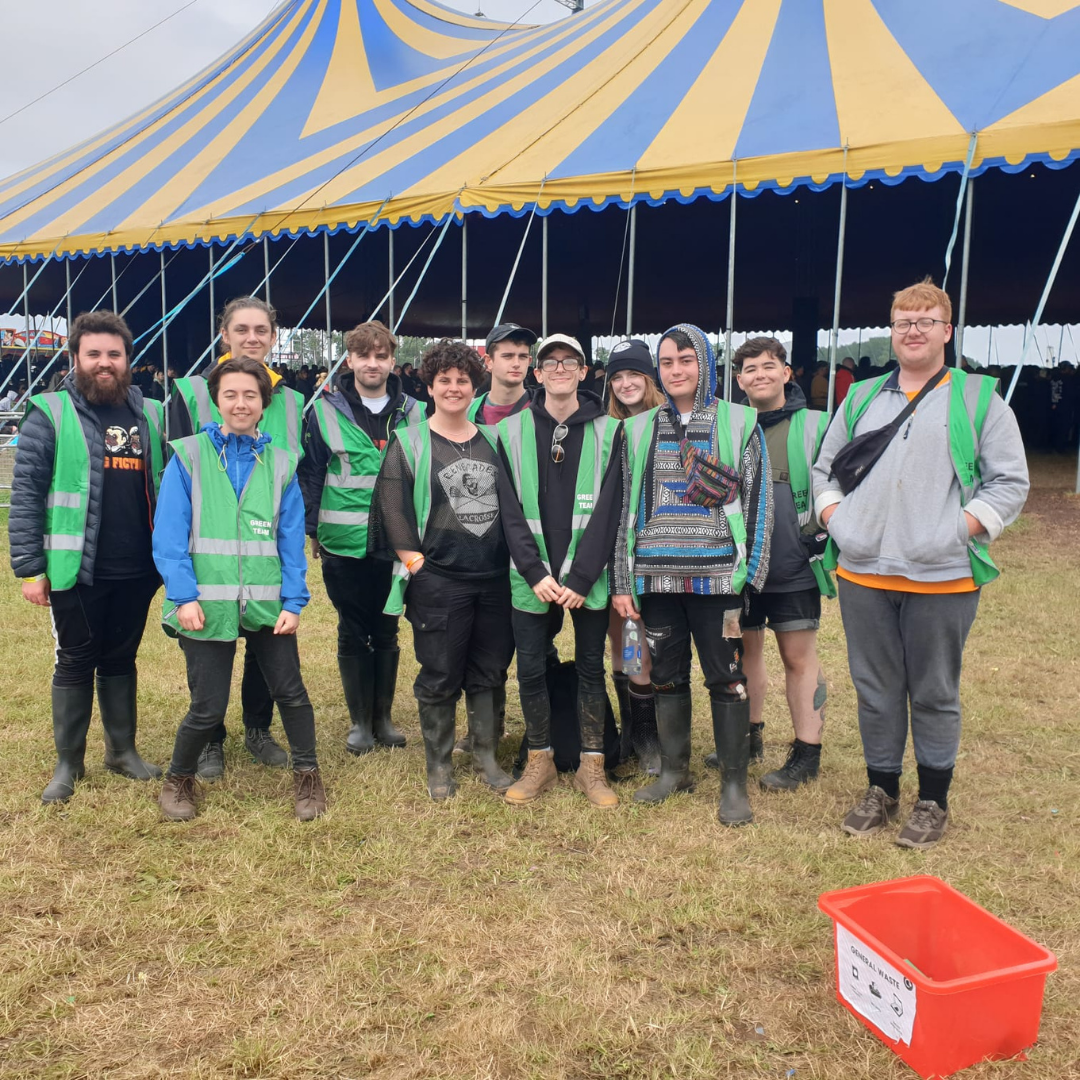Annual Sustainability Report 2020-2021

Welcome to our Annual Sustainability Report 2020-2021 – the fifth report on the delivery of our Sustainability Strategy 2017-2022.
It shares our positive sustainability impact through learning, research and partnerships, and our ongoing work to reduce the negative impacts of running our University.
The report covers all 5 goal areas of our Sustainability Strategy:
- Leadership and governance
- Student experience
- Academic innovation
- Business operations
- Engagement and partnerships.
Read the full report
Impact highlights
Our top sustainability stories for 2020-2021 are shown below, with our headline impacts for overall performance, operations, student experiences, academic impact and partnership activities:

Carbon Net Zero strategy released

Research Impact Case Studies in sustainability

2 Heist Awards for ‘Who Cares? We Do’ campaign

£1.2m grant for low carbon heat projects

RSP research Green Gown global award

Student-led carbon analysis at festivals
Awards
UK Green Gown Awards 2020
The university was recognised in 3 categories:
- UK and International Winner – Next Generation Learning & Skills – RSP project – Dr Paul Vare and Rick Millican
- Finalist – Sustainability Institution of the Year
- Finalist – Next Generation Learning & Skills – Radical Sustainability project
Heist awards 2021
We were awarded twice for our campaign that ceased the printed prospectus, at these awards for excellence in education marketing:
- Gold Award – Best Undergraduate Prospectus – ‘Who Cares? We Do’ campaign
- Silver Award – Best Use of Content – ‘Who Cares? We Do’ campaign
UN Regional Centres of Expertise Awards 2020
Outstanding Flagship Project Live Smart – Community Challenge in partnership with Gloucester Cathedral.
University staff award in sustainability
The following staff were shortlisted as the finalists for our 2021 Sustainability Staff Award:
- Andrew Lansley and Tom Soper – Senior Lecturers in Music Business
- The Oxstalls Biodiversity Project Team
- Professor Arran Stibbe – Professor in Ecological Linguistics
Congratulations to our winner – Professor Arran Stibbe! Arran has championed sustainability at the University over many years and continues to be impactful in Education for Sustainability.
The award recognised his online course development combining EfS with TESOL, co-delivering on EfS in the Postgraduate Certificate in Academic Practice with the Sustainability Team, and his free open online course ‘The Stories we Live By’ that educates people on unsustainable narratives in society.
Operational Performance
This Annual Sustainability Report records performance against the objectives of our Environmental Management System (EMS) which is accredited to ISO 14001: 2015 and audited by British Standards Institute. The EMS passed its full recertification audit in 2020 which covers the next 3 years to 2023.
EMS Objective |
20-21 Data |
19-20 Data |
Target |
20-21 Result(19-20%) |
Status |
| Reduce % carbon emissions scope 1 & 2 (against 2005 baseline) |
2,498 tonnes | 1,955 tonnes | 40% |
45% (63%) |
Target met – we need to keep it up |
| Reduce % waste produced (against 2010 baseline) |
213 tonnes | 216 tonnes | 25% |
63% (63%) |
Target met – we need to keep it up |
| Increase % waste diverted from landfill (against 2010 baseline) |
ZERO to landfill |
ZERO to landfill |
81% |
100% (100%) |
Target met – we need to keep it up |
| Increase % waste recycled (against 2010 baseline) |
98 tonnes | 109 tonnes | 75% |
47% (51%) |
Target not met – we need to do better |
| Reduce % water consumed (against 2010 baseline) |
44,143m3 | 40,702 m3 | 30% | +8%* | Target not met – we need to do better |
* Previous year data non-comparable due to change of supplier and reporting practice – new 19/20 baseline adopted.
Carbon Net Zero Strategy
In 2021 we released our new Carbon Net Zero Strategy which is targeting net zero emissions by 2030.
This strategy builds on solid results from our first 10-year Carbon Strategy 2010-2020. Our target was 40% reduction by 2020 against our 2005 baseline measure for Scope 1 and 2 emissions. By 2021 we had achieved 45% reduction – in spite of the COVID-19 pandemic effect.
Our Net Zero targets
We will be using the baseline of 2018-2019, as this pre-pandemic year gives a clearer picture of true energy usage in a year of university activities.
Our targets are:
- Scope 1 (direct energy use) 33% cut
- Scope 2 (indirect energy use) 32% cut
- Scope 3 (staff/student travel) 3% cut
- Scope 3 (supply chain) 34% cut
Our travel target looks lower as it factors in changed travel habits despite growth in students and staff by 2030.
Research Impact
The UK’s Research Excellence Framework is the periodic national assessment that rates the quality and impact of academic research. The REF 2021 exercise concluded in March 2021 and selected the best research outputs from the period between 2013 and 2020. We are delighted that sustainability research featured strongly across both our top academic publications and chosen Impact Case Studies.
Impact Case Studies showcase the research pathways each university has selected to go forward for national assessment. They are chosen for delivering the most powerful contributions to people, communities and industries who benefit from the research.
Of our entire research portfolio, we are proud that 6 of our 26 selected Impact Case Studies (23% of our most impactful research pathways) were chosen due to the significant real-world sustainability outcomes.
- Stopping the poachers: technological solutions for rhino conservation – led by Professor Anne Goodenough and Professor Adam Hart
- Pioneering co-design in agri-environmental governance – led by Professor Janet Dwyer, Professor Julie Ingram, Associate Professor Jane Mills and Associate Professor Chris Short
- Changing university education for sustainability via curriculum innovation – led by Dr Alex Ryan, Professor Daniella Tilbury and Dr Ingrid Mula
- A Rounder sense of purpose: educator competences for sustainability – led by Dr Paul Vare and Richard Millican
- Ecolinguistics and its impact on life and work – led by Professor Arran Stibbe
- Evidencing social value for the public and third sectors – led by Professor Paul Courtenay and Dr John Powell
Live Smart
Live Smart is our student-led engagement programme that delivers transformative experiences and practical opportunities in sustainability that build skills for positive change. Run in partnership with students, it helps students and staff to live in smarter ways that support wellbeing, save money and build community while protecting the planet.
Team
Two students took paid specialist roles to shape and deliver activities on Live Smart’s themes in collaboration with other University teams, community partners and students:
- Will Weaving (Geography) – Live Smart Co-ordinator
- Nikki Rimell (Geography) – Communications Officer
Community Challenge
Despite lockdowns, 9 student finalists worked with 6 community partners on action and innovation projects. These ranged from developing biodiversity signage for the local council, to creating a concept board of a sustainable art installation at a local orchard.
Events
Bike maintenance sessions were held on campus to support active travel as well as gardening sessions for small groups at the Park allotment, to support wellbeing and a sense of belonging.
Communications
21 blogs with 11 student contributors provided practical tips and covered topics from climate and colonialism, to carbon jargon, fast fashion and nature for wellbeing.
Community Challenge
- 33 Events Management students delivered 7 virtual or blended events in a live course brief
- 200 people attended the events across May Bank Holiday weekend
- Key partners included Gloucester Cathedral, Gloucestershire Wildlife Trust, Forest Green Rovers
- Events included sustainable cooking, sustainable sport, nature and wellbeing, allyship and panel discussions on how to influence change
International recognition
Live Smart was recognised as an ‘Outstanding Flagship Project’ by the Regional Centres of Expertise network, co-ordinated by the United Nations University Institute of Advanced Studies in Sustainability.
The award recognised how Live Smart is co-created and led by students, as well as the collaboration and co-learning with community partners, notably our key partner Gloucester Cathedral.
Student-led Action
Green Team society
Our Students’ Union Green Team society ran a number of events to keep promoting sustainability ideas and action among the student community, despite the limits on in-person activities during the pandemic:
- Guest talks – online speakers on topics such as wildlife, and cultural diversity in conservation.
- Online quizzes – to build community and keep members engaged when away from campus.
- Biodiversity ID workshops – sessions focused on the identification of different tree species.
As well as their own activities, the team were also invited speakers at Gloucester Cathedral’s Gaia webinar programme, representing the voice of young people and sustainability in Gloucestershire.
Billy Wassell – UK universities green investments campaign
Billy – who studies Ecology and Environmental Science – led a campaign based on a national policy motion to push the Higher Education sector on financing clean energy, as part of the Young Greens student and youth branch of the Green Party.
Working with other national campaign groups and using the University as a leading example that has already divested fossil fuel, Billy created a detailed action plan to research university investment policies. The plan targeted the worst offenders and demanded a commitment to divest from fossil fuels and re-invest in social and climate justice causes.
Further change actions Billy worked on included giving a talk to Education students on Green Party democracy and education policy, supporting Clean Air Cheltenham, and encouraging Young Greens members to participate in People and Planet’s ‘Fossil Free Careers’ campaign.
Learning Experiences
Many universities map their course content relevant to sustainability but we aim to go further. We are designing it into whole course experiences including assessments and
teaching methods.
This is education for sustainability – not just providing expert knowledge of sustainability, but developing graduate skills to apply it to all professions, with assignments that empower students to drive system change.
Here we share a sample of this year’s curriculum stories, including change projects supported by our Learning Innovation for Tomorrow fund.
Student-led carbon analysis at Download Festival
Students Kane Peters, Louie Townsend and Fraser Bryan helped shape a greener future for music festivals at Download Festival 2021. They developed a method to measure and communicate the carbon footprint of menu items at events and led a team of volunteers to deliver the work and inspire change at future events.
The initiative developed from the Sostenuto project which saw Music Business academics and students collaborating to change the course experience and develop its professional focus on sustainability.
Students promote CheltenhamZero
Postgraduate Graphic Design students collaborated with Cheltenham Borough Council on research and development of a brand identity for CheltenhamZero – the Council’s climate emergency response and ambition for carbon-neutrality by 2030.
Using creativity, applied research methods and knowledge from their course, students created visuals to communicate how Cheltenham town centre, its green spaces, campuses and infrastructure, might be imagined and communicated to advance the goals of CheltenhamZero.
The launch of this important initiative marked the start of an ongoing relationship between the University’s School of Arts and the Council’s climate emergency projects, using design to inspire and communicate a sustainable Cheltenham for its residents, students and visitors.
Decolonising Learning
Our Decolonising Learning initiative aims to increase global perspectives and develop a more inclusive curriculum portfolio and wider University culture.
This year phase 2 of the project built on work in 2019-2020 and delivered a range of new activities:
- Redesigned 4 modules across business and education subjects as case studies of good practice
- Held dialogues with senior leaders and staff teams to establish strategic direction for future work
- Worked with 3 local secondary schools to share good practice and support change
Funded by our LIFT: Learning Innovation for Tomorrow programme
Global Goals student internship
Geography student, Molly Gregory, completed an internship with the Chartered Institute for Logistics and Transport (CILT) as part of a professional experience module.
Supervised by the International Education Strategy and Business Development Lead, Molly gathered information from CILT’s 40 international branches on how they are working towards the UN’s Sustainable Development Goals, and supported the final report which was profiled by the CILT president in their inaugural green technology newsletter.
Sustainability in Practice resource
The Sustainability Team collaborated with external organisations to create online learning resources that give students quick insights into sustainability in future workplaces and to support curriculum design.
Working with sustainability leaders The Heaven Company, who specialise in industry-education partnerships, the project developed adaptable case studies with short interviews and briefs, showing sustainability thinking in action in different sectors.
The featured organisations included sustainability pioneers Interface, Adnams, Holmen Iggesund and Gloucestershire Wildlife Trust, showing how the sustainability skills we are building into our courses can be applied to drive change in real work settings.
Funded by our LIFT: Learning Innovation for Tomorrow programme
Business School Green Enterprise Competition
The Business School worked with the Start and Grow Enterprise (SAGE) projet to run a student competition to turn waste into profit. Students took part in workshops with guest speakers to help develop their ideas and pitched their final submissions in a Dragons Den style event to an expert panel.
The Winning entry, by Julie Farr and Kiera Greenwood, offered a solution for turning household plastic waste into craft items.
Research Highlights
Research developments focused on sustainability challenges are developing across our Academic Schools, many of them working with partners focused on the implementation of findings in ways that can drive change and build collaboration with key stakeholders at local and global levels.
Our highest performing research institute, the Countryside and Community Research Institute, secured over £1,267,092 of income for research geared to sustainability in 2020-2021.
Sustainable crop production to tackle climate change
2021 saw the completion of SOILCARE, an EU-funded research project led by Associate Professor Jane Mills from the University’s Countryside and Community Research Institute.
The project tackled the challenges crop producers face of remaining competitive but without degrading soils. It involved 27 European organisations and evaluated soil-improving crop systems that will increase the profitability and sustainability of agriculture across Europe.
Soil is often a neglected focus of research linked to climate change, but soils are critical in providing food, storing water to prevent flooding and droughts, storing carbon and holding a third of global biodiversity assets.
SOILCARE worked with farmers across Europe, to identify and evaluate the new generation of soil-improving cropping systems. It developed a mapping tool for the best implementation sites, as well as guidance on barriers, policy levers and enablers to uptake.
Professor takes the helm of the UK Agricultural Economics Society
In 2021 Professor Janet Dwyer was elected President of the UK Agricultural Economics Society, which promotes study and teaching in agricultural and food industries, rural society and the environment. Janet is currently co-director of the National Innovation Centre for Rural Enterprise (NICRE), funded by Research England, to develop resilient rural enterprise and unlock innovation potential for more sustainable rural economies through collaboration and co-design.
International Award for Education Researchers
Researchers Dr Paul Vare and Rick Millican from our School of Education and Humanities were winners of a prestigious International Green Gown Award in 2021.
The award for ‘Next Generation Learning and Skills’ recognised the research project ‘A Rounder Sense of Purpose’, which was named winner at the UK level and went forward to the global competition.
Linked to the UNECE competences in education for sustainability, their research focused on the development of teachers to deliver sustainability learning in school settings across Europe.
Its implementation involved 9 education settings in European countries and the approaches have been used in teacher education courses at the University.
Linked to this ongoing research programme, in 2021 Dr Vare’s new book with Professor Bill Scott ‘Learning, Environment and Sustainable Development: a history of ideas’ was published by Routledge.
Research development and the UN Global Goals
In December 2020 Professor Kenny Lynch and Professor Julie Ingram held a conference to connect established academics and young researchers with shared interests in the sustainable development challenges faced by developing countries.
The event explored live research targeting delivery on the UN Global Goals. A range of academic specialisms and research settings were featured including:
- Transformation of sanitation systems in Hyderabad, India
- Building disaster resilience in Indonesia through partnerships
- The UN Sustainable Development Goals and food sovereignty
- Insights into municipal challenges from young agriculturalists in Sierra Leonne
- Groundwater sustainability in Egyptian desert communities
The event also explored how we can ‘decolonise’ research practices, to enrich the equity, cultural diversity and global impact of our work.
Partnerships and Collaboration
Collaboration is key for our sustainability impact and we work with a wide range of partners, networks and organisations to achieve shared goals.
Some of this work takes shape through RCE Severn, our Regional Centre of Expertise in sustainability education, part of a global network of university-community learning hubs co-ordinated by the United Nations University.
Cheltenham Education Partnership – Counting Threads
Our School of Education and Fashion Design course teams collaborated with Cheltenham Education Partnership of local secondary schools to empower their students and train their teachers in sustainable fashion.
The project delivered a series of ‘Love your Uniform’ workshops challenging pupils to design and make wearable fashion items from used and second-hand school uniform shirts. It developed legacy resources for teacher training to help scale project partnerships and influence the Art & Design curriculum in future years.
Funded by our LIFT: Learning Innovation for Tomorrow programme
Mission Net Zero – expert insights webinar
In October 2020, we collaborated with Gloucester Cathedral to run a ‘Mission Net Zero’ webinar, part of the ‘Hope for Creation’ series of online events for local communities as part of their Gaia art installation.
The business-focused session featured expert speakers from Interface, Forest Green Rovers, Gloucester Cathedral and the University’s sustainability team. The organisations shared their action plans for reaching ‘net zero’ emissions as part of the effort for green recovery from the pandemic and more ambitious moves on decarbonisation.
#futuregen Chancellor’s Lecture with Jane Davidson
Our 2020 Chancellor’s Lecture focused on the global challenge of accelerating environmental change and invited renowned sustainability leader and author Dr Jane Davidson to explore this theme of protection for future generations.
Drawing on her years of leading political change across government departments in Wales, Jane focused on ways to change decision-making in governments and institutions to create new habits based on resilience and long-term thinking.
Leading the panel discussions, she explained how we can all make changes and have personal as well as professional impact, highlighting the essential role of our universities in transforming education and empowering students to lead change.
Influencing sector curriculum change for sustainability
The UK higher education Quality Assurance Agency released new national guidance in March 2021 as part of its duty to improve curriculum standards across all courses regardless of subject specialism.
Director of Sustainability Dr Alex Ryan was one of the invited sector expert group convened to develop the guidance framework, recognising the University’s pacesetting work to integrate Education for Sustainability into the design of all higher education course offerings.
To support the new publication the University was invited to headline at a webinar in May 2021 for curriculum quality professionals together with Keele University, as exemplar institutions for good practice in this area.
Universities UK Climate Emergency Campaign
Ahead of COP26 in 2021, Universities UK – the collective voice of the UK higher education sector – released a new publication showcasing the action leading universities are taking on climate change.
The University of Gloucestershire featured in the publication in recognition of our substantial long-term impact and pioneering approach to tackling the academic ‘brainprint’ as well as the operational ‘footprint’ of university life.
The publication supports the policy commitments on climate action that have been made by over 140 UK universities, plus UUK’s actions to support change within the sector in teaching, research civic engagement and reporting.
Current Student Achievements
Current students who have experienced sustainability assignments in their courses have gone on to win a range of awards linked to their industry sectors and the impact they can make as future professionals.
Ingenuity – Impact Through Enterprise – National Finalist
Sue Cass – MA Education
The UK Ingenuity programme invites people to develop their ideas for sustainability change through the creation of innovative start-up businesses. Participants receive training and mentoring, to respond to challenges in four key areas: creating prosperity, building community, improving health and tackling climate change.
Sue developed an enterprise – ‘Field School’ – which seeks to connect people in combatting climate change. It aims to work with schools to facilitate positive behaviour change and improve the mental and physical resilience of whole communities.
PhD students Bilawal Khan and Madeleine Mancey, were also shortlisted in 2021 as regional finalists for their ‘HARV’ business idea tackling food poverty and climate change.
Earth Island 2021 Solutions Awards – Highly Commended
Harriet Lewis – BA (Hons) Graphic Design
Project – ‘Grow Your Community’ – intergenerational gardening and skills building to improve wellbeing, part of the Brief Cases industry challenges initiative through course-linked sustainability projects.
Data & Marketing Association Breakthrough Award 2021 – Bronze Award
Harriet Smith, Nicola Coombes and Ellie Mattey – BA (Hons) Creative Advertising
The team developed their concept to double the sales of coffee at indie coffee shops, whilst halving the impact coffee consumption has on the environment.
You Can Now Student Awards 2021 – Creative Team Winner
Ben Jennings and Scott Linney BA (Hons) Creative Advertising
On a brief from ‘Patch Plants’ this team developed a ‘plastic-plant amnesty’ concept with people donating plastic plants to Patch, who repurpose and recycle them into germination trays and offer a real plant in return.
Women in property award 2021 – South West regional winner
Elizabeth Rimmer – BA Landscape Architecture
Elizabeth’s showed exceptional performance on two design project concepts including a sustainable public space design of St James Square in Cheltenham.
Graduate Professional Impacts
Empowering Student Voices in Education at the UK Quality Assurance Agency
Amy Spencer, Quality & Standards Development Officer BA (Hons) English Language and Literature – completed 2008
Having been inspired by her course experience, Amy Spencer has gone on to lead change to create a resource that will benefit the learning of students across the university sector.
Inspired by learning about the communication of sustainability, Amy’s role at the UK Quality Assurance Agency sees her working in the team that supports teaching enhancement across the sector.
Amy took the opportunity to work with the QAA’s Student Strategic Advisory Commitee and then proposed and developed a resource to help them start the right dialogues within universities, to drive sustainability practice deeper into the experience of life and learning at university.
Hedgehog rehabilitation and conservation at Wild Hogs Hedgehog Rescue
Emily Harper MSc Applied Ecology – graduated 2020
Emily is using skills from her Ecology masters on a British Hedgehog Preservation Society Project to conserve local hedgehog populations. It uses intelligent feeding stations to digitally upload camera feeds, weight recordings and microchip readings of hedgehog visits.
Helping remote mountain communities in Nepal adapt to Climate Change
Dr Morgan Phillips PhD, Education 2008
Since his PhD, Morgan has worked in community development and education roles focused on change for sustainability. As Co-Director of The Glacier Trust he leads work on climate adaptation and in 2021 published a book that highlights the need to bring adaptation out of the shadow of mitigation in the debates around climate action.
Monitoring reintroduced pine martens in the Forest of Dean
Lydia Galbraith MSc Applied Ecology – graduated 2020
Applying experiences from her Masters thesis, Lydia is now working on the feasibility and ecological impact of the Pine Marten Reintroduction Project. Based in the Forest of Dean, this critical work is monitoring pine marten population and catalogues breeding success, as the first such reintroduction project in England.
University Operations
The University takes a range of actions to improve sustainability performance across all it’s core activities and operations. Headline performance results include:
- Carbon emissions 45% down against 2005 baseline – 2,498 tonnes CO2 emitted in 2021 against target of 2,716 tonnes CO2.
- Total waste arising was 213 tonnes, down 2% against the previous year.
- The annual travel survey records staff and student travel modes and showed that in 2020-2021 99% of students at Pittville Student Village used low carbon modes of transport.
- Our scope 3 supply chain emissions report for 2020-2021 showed 11,135 tonnes of emissions.
- The impacts of the coronavirus pandemic were both positive and negative and we recorded 45% fewer commuter journeys compared to 2018-2019, saving about 400 tonnes of carbon emissions.
For all data sets and performance firgures please see pages 20-25.
UN Global Goals Reporting
The University supports the UN Sustainable Development Goals (SDGs) as signatory to the tertiary education sector’s SDG Accord and as host of RCE Severn, our UN-recognised Regional Centre of Experts in sustainability education.
Here we capture how the impacts shown in this 2020-2021 report contribute to 12 of the 17 UN Global Goals, including the critical role and impact of our education, research and student-led innovations.
Read more about how our work is having an impact towards these 12 goals on pages 26-27.
